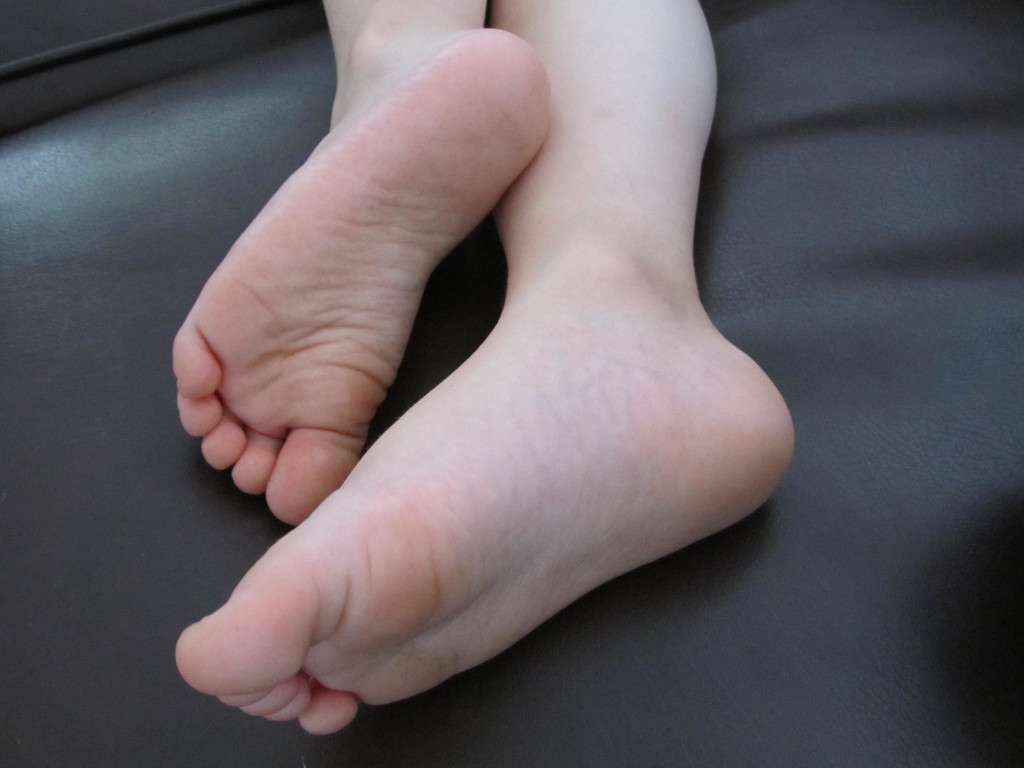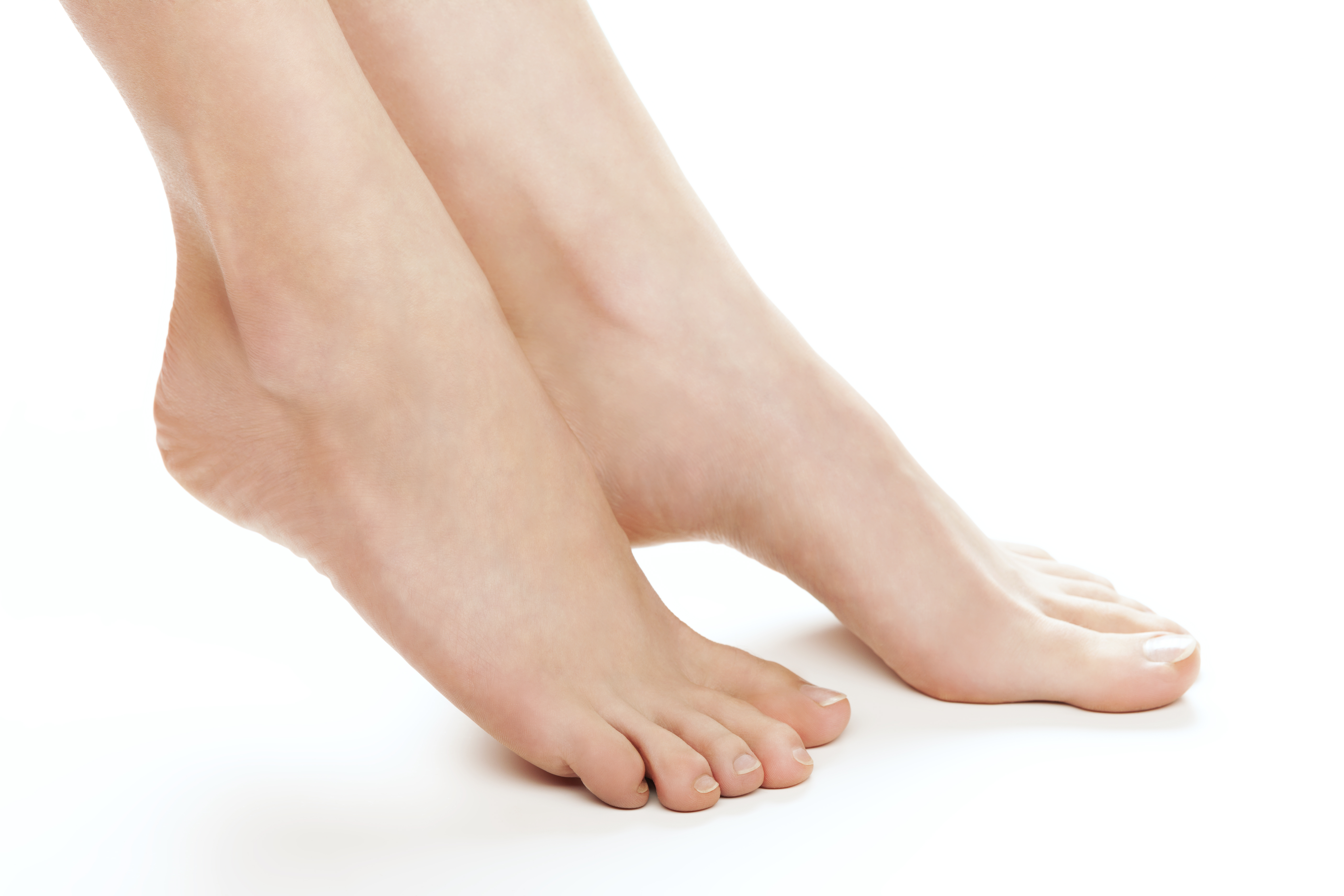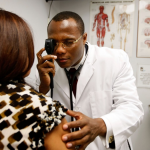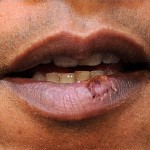BYE-BYE, MR. BLISTER
Fever blisters, more commonly known as cold sores and less commonly known as “herpes labialis” is a type of an infection caused by herpes simplex virus (HSV) on the lips. It causes an outbreak of blisters or cold sores on or around the mouth. If you are experiencing a cold sore, you will also be exposed to certain other symptoms like, fever, sore throat, headache, eroded gums, swollen lymph nodes etc.
Let us latch onto what causes cold sores.
The infection occurs when the HSV comes into contact with the oral tissue or the abraded skin of the mouth. Once this HSV enters the body it never leaves but moves from mouth to remain latent in the central nervous system but in one third of the people the virus reactivates to cause cold sores around the lips, inside the mouth or very rarely on the nose, chin or cheeks.
While we cannot really combat with the virus from entering our body but as a matter of fact the probability of getting a sore is buttressed by emotional or physical stress, menstruation, sunburn, fever or dehydration. Certain other causes are surgical procedures such as dental or neural surgery and lip tattooing.
Well, a que sera serum for, we cannot really prevent the virus from entering our body, but we surely can check that it doesn’t gets worsened. Sometimes people may transfer the virus from their cold sores to the other areas of the body, such as the eye, skin or fingers. Eye infection in the form of conjunctivitis can happen when eyes are rubbed after touching the lesion whereas the finger infection which is more prosaic to children happens when a child with a cold sore infection sucks his fingers.
Apparently the age old saying that “prevention is better than cure” proves to be of a great deal of help in this case too. So in order to prevent the exposure of virus to other places of the body, earnestly do the following:
- Do not touch the active outbreak site
- Wash your hands frequently, regardless of whether or not you touched the lesion
- Avoid contact with others in terms of sharing your food with them, avoid kissing or contact sports. This will ensure that you don’t transfer your infection to them.
- Keep your towels, glasses, cutlery etc. separate.
Since, most of us don’t care enough to visit a doctor for a cold sore. We got to make sure that we treat it carefully. Cold sores happen in a series of steps;
- In the initial stage, a small red patch appears and the blister or sore starts to develop
- The blister bursts, leaving a raw area, which begins to heal and scab
- Your mouth.

Do the following to treat your sore;
- Antiviral creams and antiviral tablets help you to get rid of the cold sores innocuously. They can shorten the outbreak by 12 percent
- Symptoms may be eased by applying by applying either ice or washcloth dipped in cold water to te sore.
- Avoid the foods that are rich in amino acid arginine, which tends to activate the virus. These include chocolate, cola, beer, grain cereal, chicken soup, nuts and peas.
- Get a new toothbrush, the virus can live in your toothbrush to re infect you.
- Use a lip moisturizer along with a sunscreen before going outside.
- Use cold used tea bags on the affected area to get immediate relief.
Cold sores are generally not fatal and don’t need medical attention. They do not leave marks on your skin but if it recurs or gets worsen with time, go see a doctor about it.








